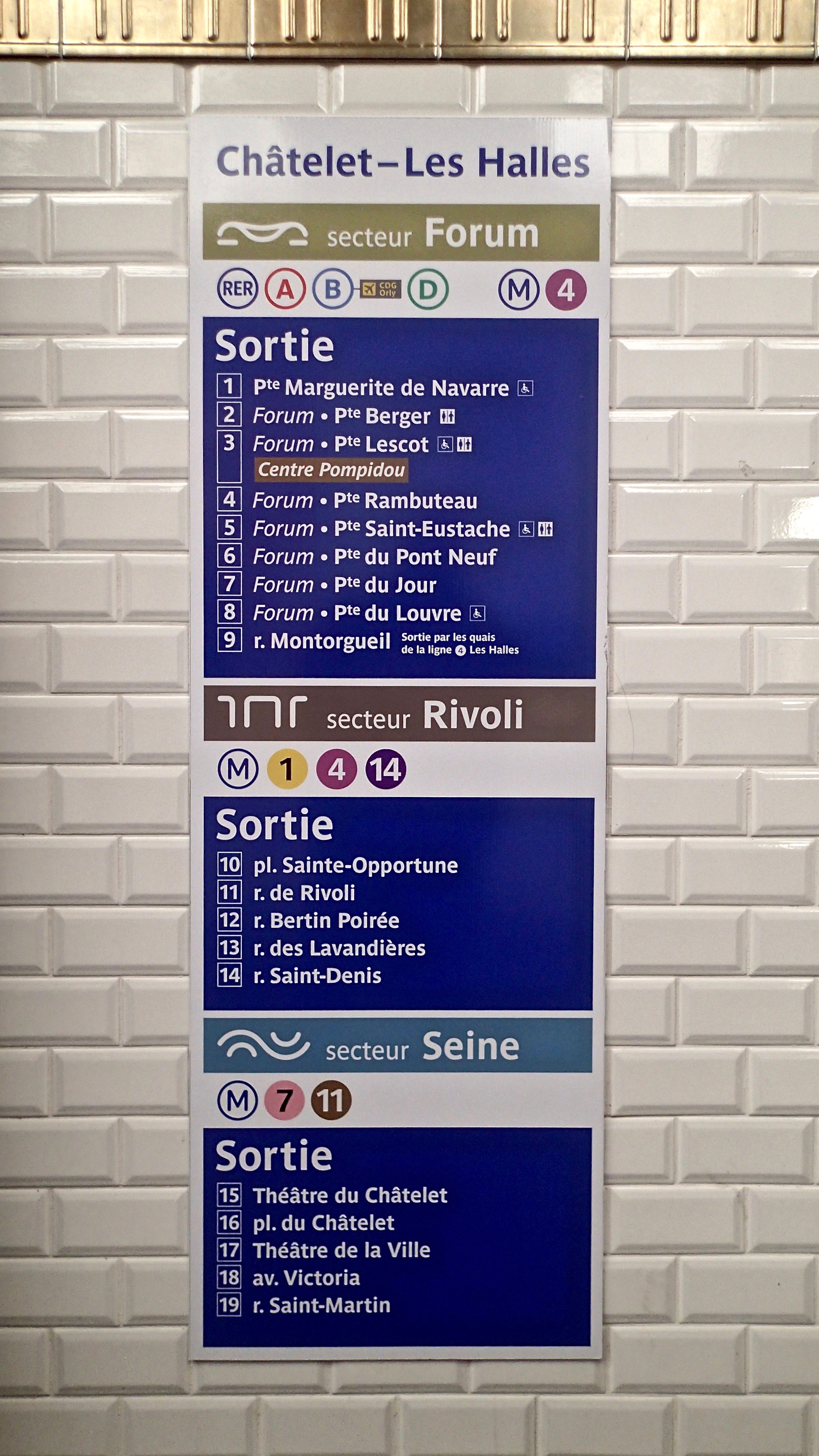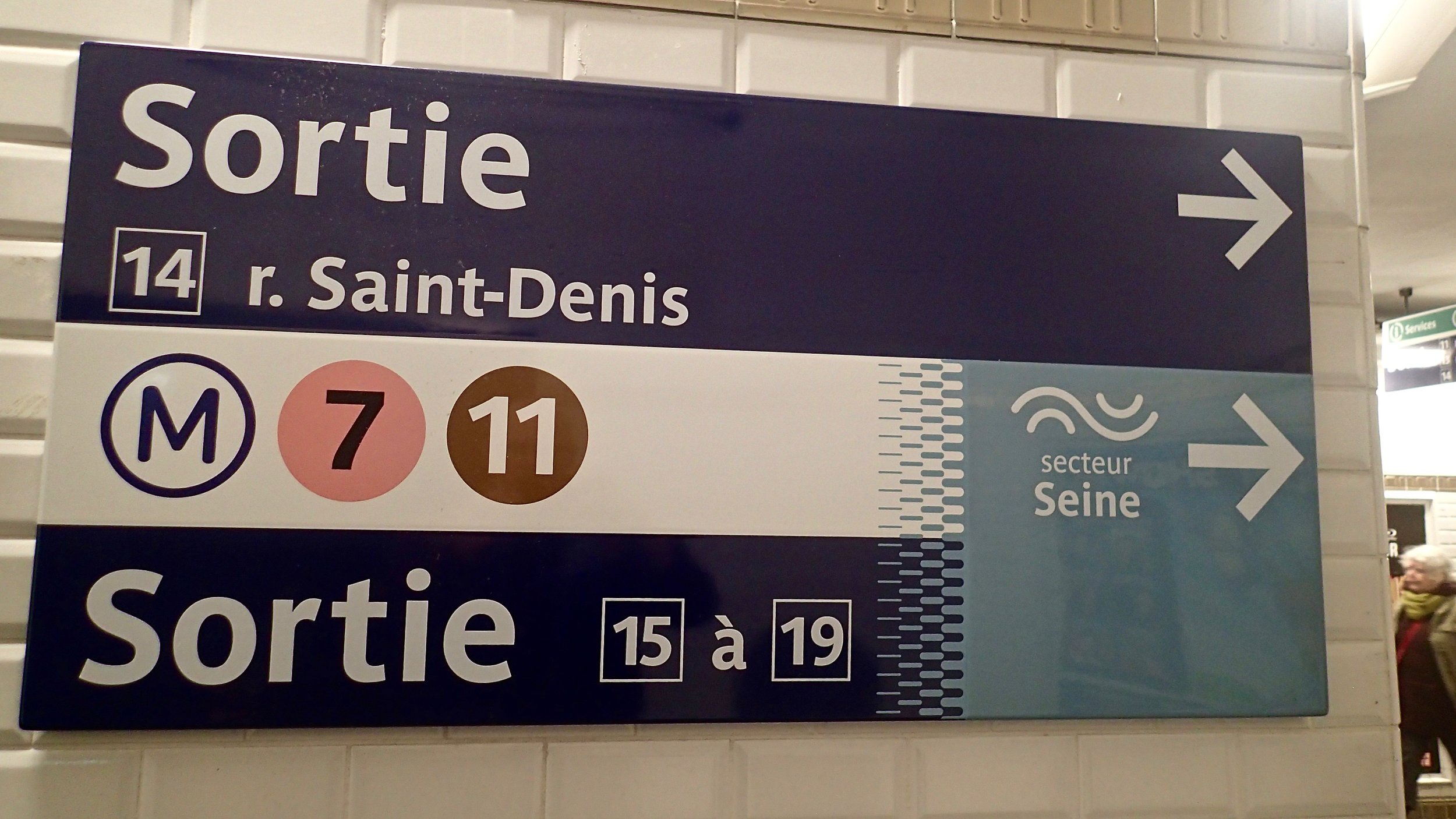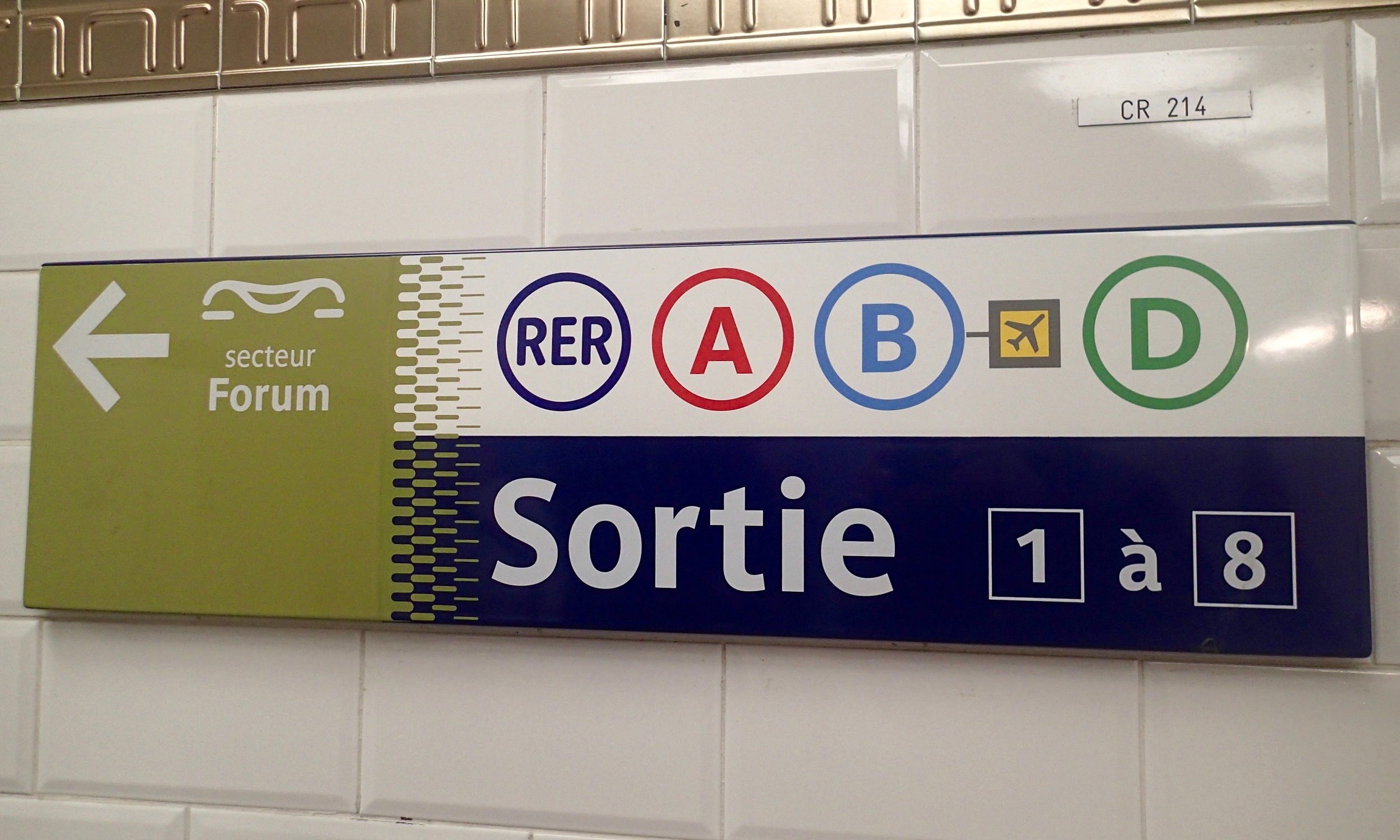Hey, look at this. It’s a bunch of numbers, which appear meaningless.
Inside it, there’s a nugget that interests us.
At the outset, the paragraph of numbers is data. 12155575700 is a little segment in a string of data.
It becomes a phone number if we display it like this: +1 (212) 555-5700. Data has become information.
In the conventions of phone-number display, the + means “a code used to access international dialing,” 1 means “the USA” and (212) means one of the area codes for New York City. There’s only one place in the whole world to which this phone number is assigned, one home or one business, one precise person. Information has become knowledge.
If you need this phone number, the information is valuable to you. And if it’s a beloved friend’s phone number, you invest it with emotion. The phone number becomes a symbol of your loving care, of a relationship going back twenty years and encompassing a lot of joys and sorrows. Knowledge has become wisdom.
We are always making the inevitable passage from data to information to knowledge to wisdom. It’s a vital passage, and it merits study. The secret to a successful passage lies in knowing how to do nothing—that is, knowing how not to jump inorganically from data to information, knowing how not to draw conclusions too soon, knowing to be in the presence of “seemingly provocative data” without in fact being provoked by it, and above all knowing the difference between data and information, and between knowledge and wisdom.
The amount of raw data available at our disposal is so great that we’ll call it infinite. And infinite is, like, an awful lot, a tremendous amount, much too much. It’s an established fact that mathematicians, metaphysicians, and philosophers who ponder infinity tend to go psychotic.
We’ll say that information is an interpreted segment of data, or a combination of segments of data, juxtaposed and interpreted. And since you can segment and juxtapose date in infinite ways, the infinity of information is even greater than the infinity of data. Two guys looking at the same set of data will come up with different information. And two guys looking at the same information will walk away with different kinds of knowledge.
It takes some effort of your intelligent alertness not to be overwhelmed by the infinite, by the tremendous, by the much-too-much.
You can put physical distance between you and data, and between you and information, for instance by not watching TV. I mean, really not watching TV. I mean, not turning it on, ever. I mean, altogether not having an idiot box in the house. Or you can put psychic distance between you and information. Suppose the TV is on. Enter a trance state where you don’t hear it, even though it’s blaring right in front of you.
It’s easier to turn it off. It’s easiest not to have a TV in the house.
In Icelandic, “idiot box” is hálfviti kassi. In Maori, pouaka poauau. And in English, idiot box.
But I digress. Where was I? Oh. Yes, the washing machine. Overload your washing machine, and you’ll flood your downstairs neighbors. Now think of your mind as the washing machine, and your soul as the downstairs neighbors. It’s obvious—absolutely obvious!—that you must not overload your washing machine. And don’t make me explain it again, or it’ll defeat the purpose of this entire blog post.
Your job, then, is to defend yourself against the onslaught and to curate your information: to decide what to approach and what to ignore, what to ponder and what to integrate. Take this blog post, for instance. You can probably ignore the digs about the idiot box. But you might want to learn some Maori, kairii noa koe i te pouaka panuku, koe! (“you idiot-box addict, you!”).
The Maoris define wisdom as te kaha ki te korero i tetahi hianga mai i tetahi Coke, or “the ability to tell a joke from a Coke.”
To their honored guests in their cozy homes, the Maoris serve wisdom ice-cold, with a glowing smile.
Ka taea e koe te tahae, e te tuakana! (*)
©2020, Pedro de Alcantara
(*) You may burp, brother!












